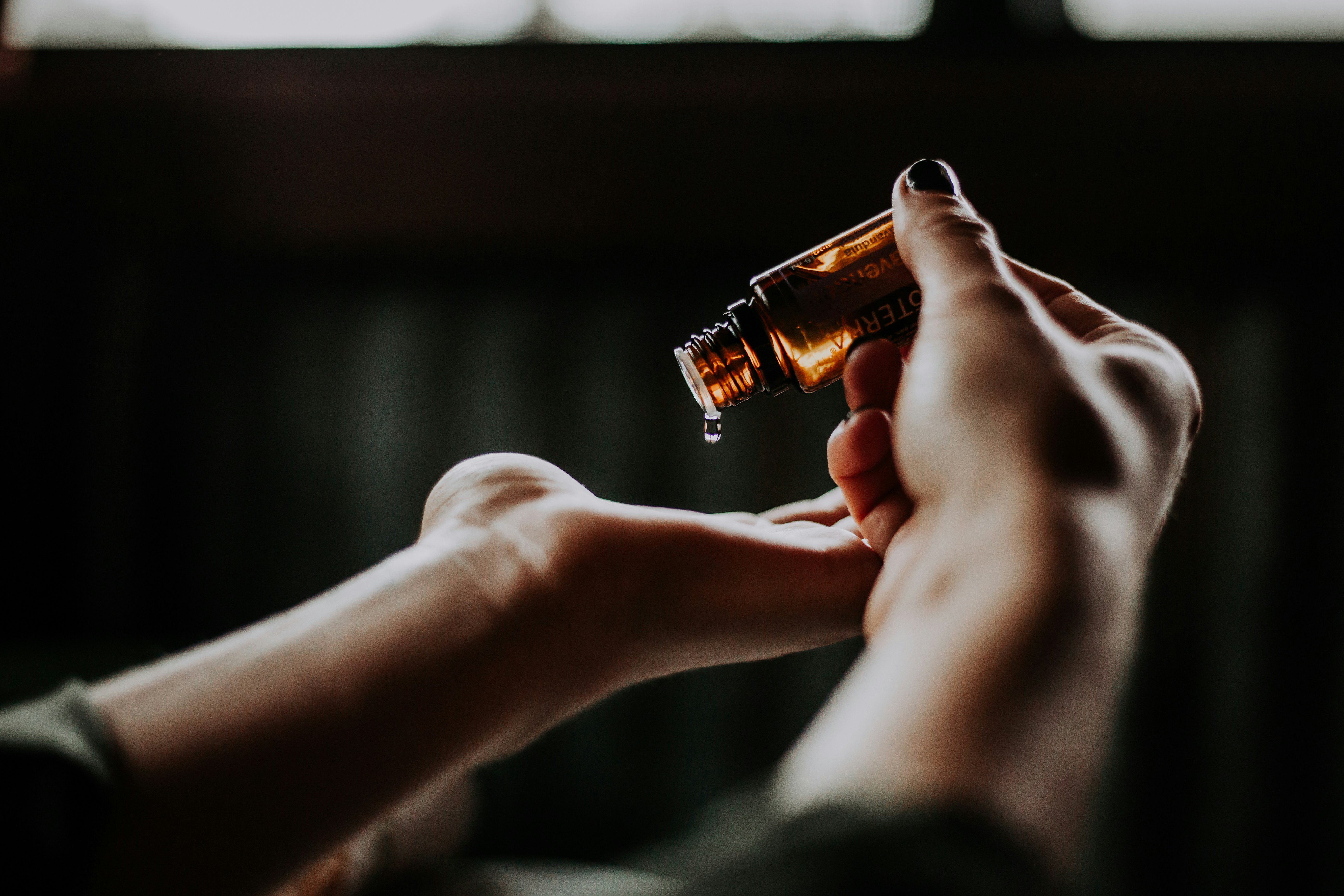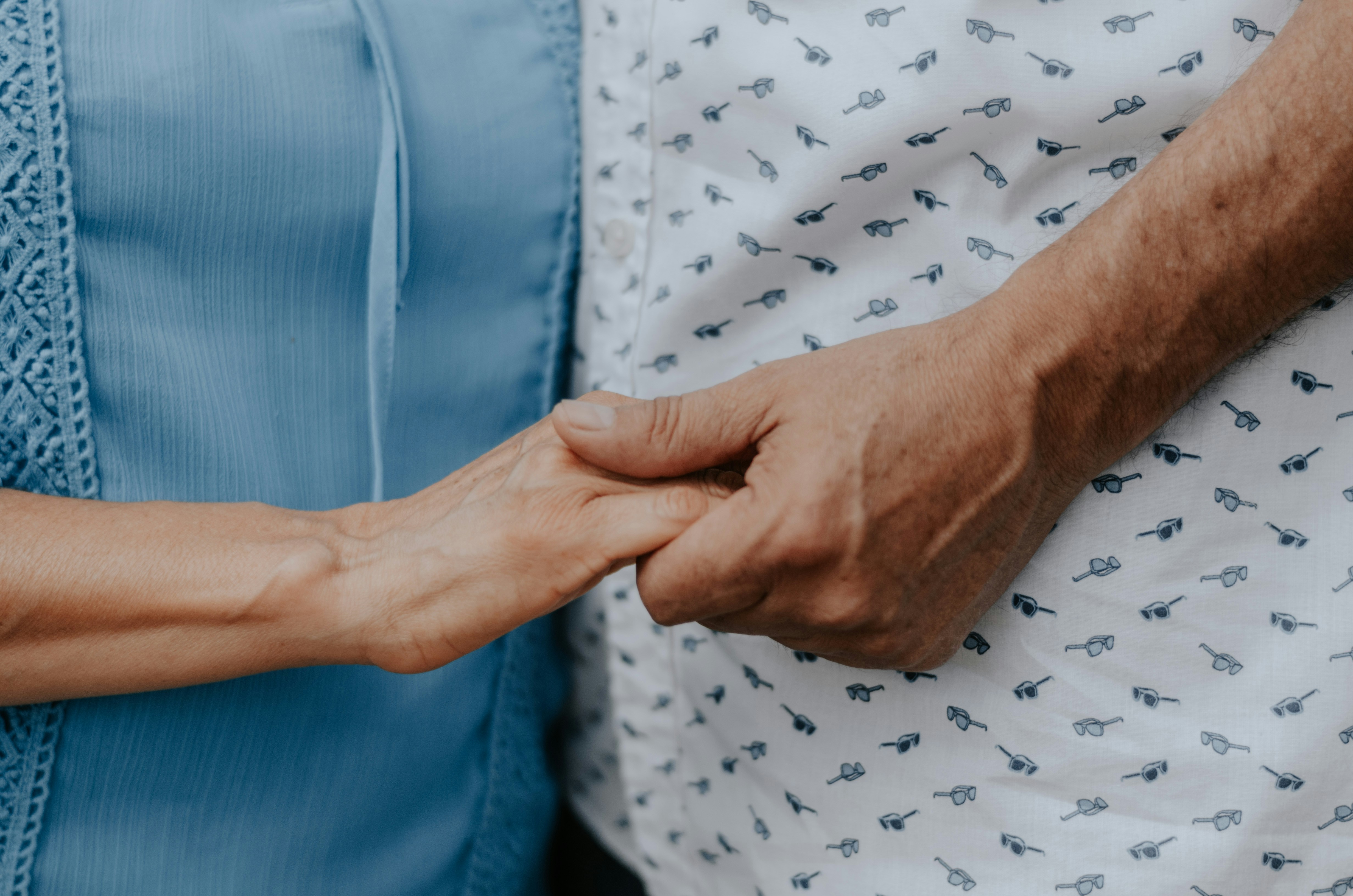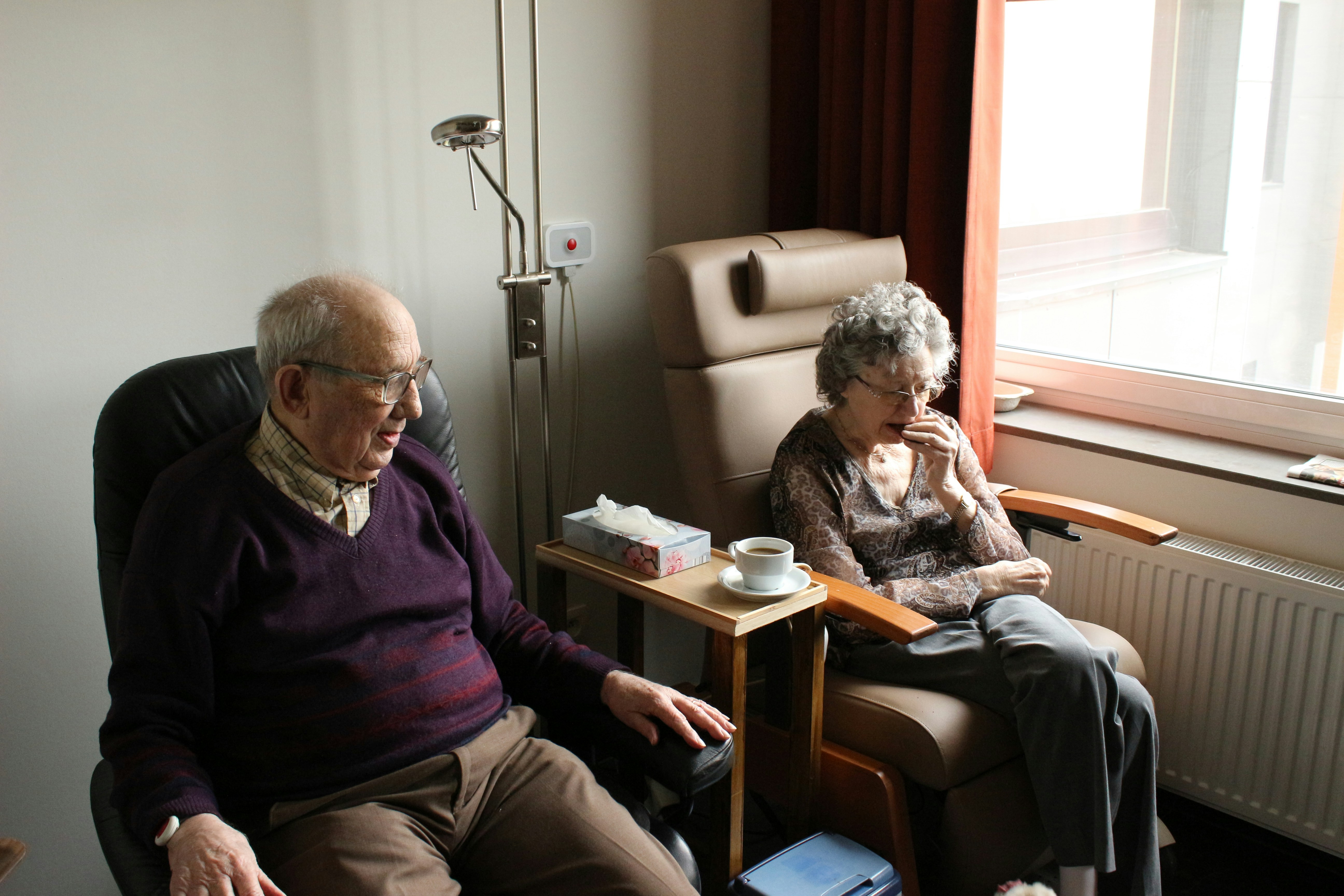Massage therapy for seniors (sometimes referred to as geriatric massage) is a massage customized to meet the needs of the elderly population. During a massage session, a massage therapist will use their hands and elbows to apply pressure to the individual’s soft tissues to alleviate symptoms of age-related diseases such as muscle and joint pain. This technique improves the individual’s quality of life by offering pain relief to increase range of motion.

The older we get, the more likely we are to develop age-related medical conditions as arthritis, Parkinson’s, diabetes, or cardiovascular disease. The onset of chronic illness may predispose aging individuals to feelings of depression, loneliness, and anxiety. Massage therapy is a holistic wellness treatment plan that can benefit the entire body and mind, and counter the effects of aging by working complementary to traditional medicine.
What to expect during your next massage appointment.
Massage techniques for elders can include different types of massage techniques used in a traditional deep tissue massage, Swedish massage, Thai massage, sports massage, or shiatsu, but the pressure applied is lighter than that used in younger individuals with softer muscle tissue. A geriatric massage caters to the specific health conditions of seniors, and a typical geriatric massage has the following characteristics:
- Shorter time: A massage session usually lasts about 30 minutes
- Gentler techniques: These motions are intended to improve blood flow, especially in patients with diabetic nephropathy (swelling in the feet due to type 2 diabetes)
- Stronger use of friction and pressure strokes: This improves flexibility in tension rich shoulders and elbows

5 Benefits of Massage Therapy
1. Pain relief: A chronic illness flare-up, for instance, osteoarthritis, can result in joint pain. Massage therapy is a non-invasive and drug-free treatment that can offer short term pain relief from the resulting stiffness and pain that results from a flare-up.
2. Improved sleep quality: Seniors who receive frequent massages sleep longer and deeper. This reduces fatigue and results in their overall wellness as the soft tissues of the body have more time to repair themselves.
3. Reduced aggression caused by Alzheimer’s disease and dementia: Gentle back rubs on dementia or Alzheimer’s patients helps relieve some aggressive expressions of agitation linked to these diseases, such as roaming and pacing.

4. Reduced sense of loneliness, aloneness, and depression: Most aging individuals experience severe loneliness caused by outliving their loved ones. Additionally, the social distancing measures put forth by the CDC to mitigate the spread of the novel COVID-19 virus can deepen the elderly’s feeling of social isolation. Further, many elderly individuals are deprived of the sense of touch, causing deeper distress on their mental health. Every form of massage therapy allows for touch. This has proven to provide comfort to the aging—especially dementia patients—which can be beneficial to their mental health and peace of mind.
5. Relaxation: Massage therapy allows the body to rest by reducing the production of cortisol, the stress hormone. In this way, the body can rebuild worn-out muscles.
Health Precautions
A spa therapist should be able to assess an individual’s medical history before recommending a massage treatment.
Seniors who are:
- Healing from broken bones or limbs
- Healing from bedsores
- Diagnosed with varicose veins
- In recovery from an invasive medical procedure
- In severe acute pain
- Receiving treatment for blood clots, do not qualify for a massage treatment due to the health implications these medical conditions could cause.

Many aging individuals develop chronic medical conditions whose effects may gradually disable them. This may cause them to move into a hospice to receive palliative care. However, older adults who have lived with a disability from childhood, or acquired one during their lifetime.
Lifestyles for the Disabled is a disability service and support organization that offers disabled care management in Staten Island, NY. Visit them at 930 Willowbrook Road Building 12-G Staten Island, New York 10314, United States for additional information on how you can get comprehensive care management for yourself, or a loved one with a developmental disability.
